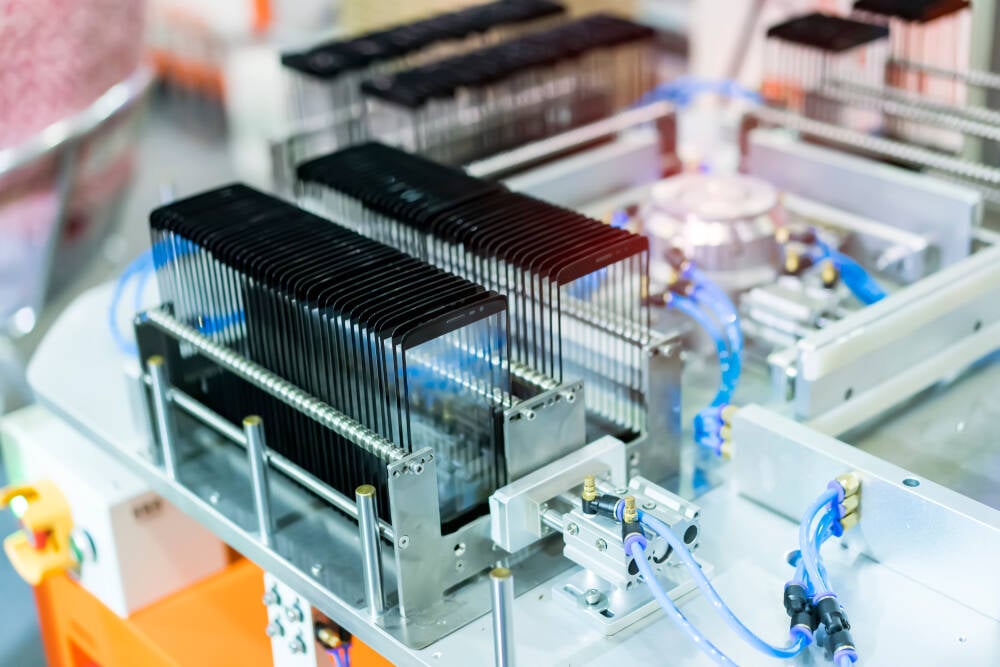Corning’s Gorilla Glass is found in countless tech products, from smartphones and wearables to automobile windshields, and the European Commission has an inkling its success is due in part to the US-based business cutting anticompetitive deals.
The EC announced a formal antitrust investigation into Corning yesterday, accusing the company of abusing its dominant position as a maker of glass screens for mobile electronics, claiming the end result was the exclusion of rival glass manufacturers from the market.
The strategy ultimately caused consumers to pay higher prices, has made repairs tougher and reduced manufacturer innovation, the EC argued.
“It is very frustrating and costly experience to break a mobile phone screen,” said EC competition chief Margrethe Vestager. “Therefore, strong competition in the production of the cover glass used to protect such devices is crucial to ensure low prices and high-quality glass.
“We are investigating if Corning, a major producer of this special glass, may have tried to exclude rival glass producers, thereby depriving consumers from cheaper and more break-resistant glass,” Vestager added.
Gorilla Glass is Corning’s branding for its alkali-aluminosilicate (alkali-AS) glass screens, a chemical composite that’s more break-resistant than other types of glass, making it particularly suited for use on smartphones, wearables, laptops and tablets. Gorilla Glass can be found on devices from manufacturers including Google, Samsung, Sony, Apple and other globally recognized brands.
The Commission is concerned that Corning has abused its position with both mobile OEMs and companies that process raw glass, known as finishers. According to the EC, Corning’s OEM agreements included requirements that companies source their alkali-AS glass exclusively from Corning, for which they would receive rebates, and that OEMs report all competitive offers from rivals to Corning to give it a chance to match the price.
Pertaining to finishers, the EC alleges Corning pressed them into similar sourcing exclusivity obligations, as well as including clauses that prevented finishers from challenging Corning patents.
As this is just an opening of proceedings against Corning, the EC said Corning hasn’t been proven guilty yet. With Corning accused of violating Article 102 of the Treaty of the Functioning of the EU, the business could face fines of up to 10 percent of its annual turnover if found guilty of abusing its market dominance.
Source: Corning facing EU antitrust suit over Gorilla Glass seals • The Register

Robin Edgar
Organisational Structures | Technology and Science | Military, IT and Lifestyle consultancy | Social, Broadcast & Cross Media | Flying aircraft

